We respond to global problems with local solutions. And the president of the massive global producer knows the answer: "Don't produce more, but better".
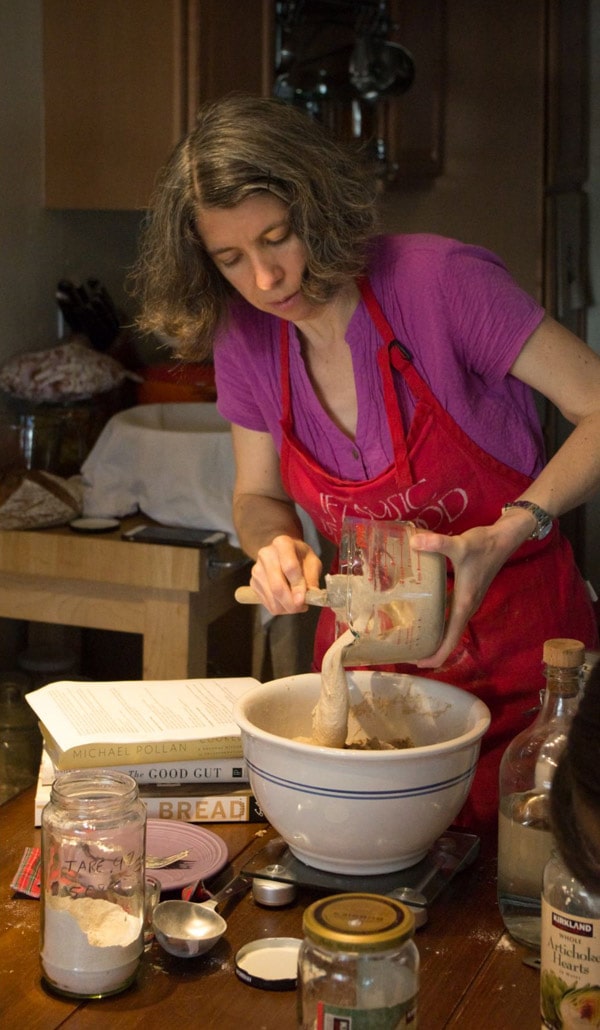
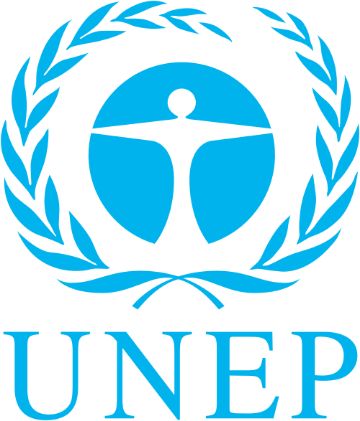
UNEP (the United Nations Environment Programme) was established by the General Assembly of the United Nations in 1972. UNEP constantly monitors the evolution of practices and actions that damage the environment at a global level, and publishes an annual report that describes the situation in detail: the Food Waste Index Report.
The 2021 Report is dedicated to an analysis of the impact of food waste on the ecosystem, and the figures are worrying.
Indeed, it is estimated that between 8 and 10% of global emissions of greenhouse gases is linked to food waste. Every year, around 17% of the food that is grown, made and sold is thrown away. 61% of this waste takes place in the home, 26% along the supply chain, and 13% in distribution.
Precise, in-depth data collection is certainly part of a forward-looking strategy to combat food waste. Only by understanding the phenomenon well can we plan and create focused action programmes.
Equally important is the level of awareness of the phenomenon.
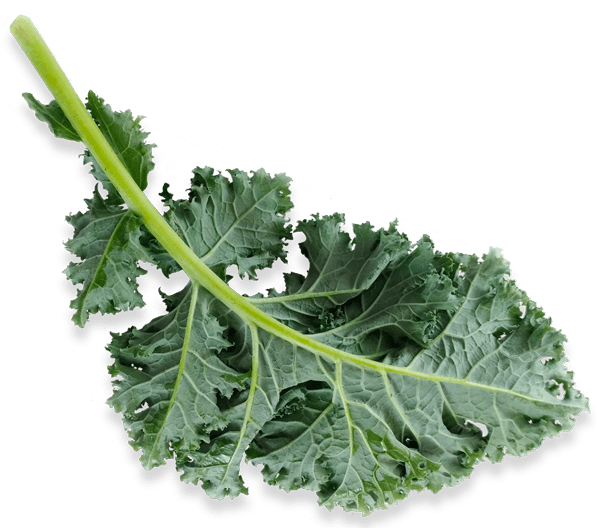
So we turned to Anne-Marie Bonneau, an American mum and chef-blogger convinced that sustainable cooking is possible for every family, for everyone; she has stopped buying packaged food and now produces many products herself.
And as well as it being her personal mission, she has made this into a message to spread.
In 2014 she launched Zero-Waste Chef, a blog that provides useful advice on how to avoid waste in the kitchen. In very little time, she reached over 187,000 followers on Instagram and more than 44,000 on Facebook. The Zero Waste Chef: Plant-Forward Recipes and Tips for a Sustainable Kitchen and Planet is her book, which collects together and organises all of this advice to create a real project for sustainable cooking. Published in April 2021, we got hold of it immediately and read it with interest and growing curiosity.
Anne-Marie Bonneau offers her readers advice on wasting less in the kitchen, suggesting simple tricks for adopting a more environmentally aware lifestyle. On her blog, you can find vegan and vegetarian recipes for cooking with food scraps, advice on how to make fermented foods, and advice on what to do with leftover ingredients - such as ketchup from scratch and preserved lemons - or simply on putting an upside-down plate over leftovers instead of using plastic wrap to keep them fresh in the fridge.
As well as yoghurt with live bacteria, sourdough bread, white or red wine vinegar with a delicate or intense flavour. Then there is a second level, where you can learn how to use stale bread as an ingredient for an excellent chocolate pudding, or how to give wilted vegetables a new lease of life by making them into a delicious pesto, and how to use the skins left over from preparing an apple crumble to make vinegar.
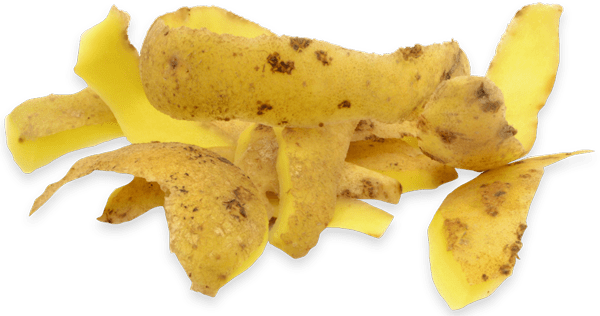
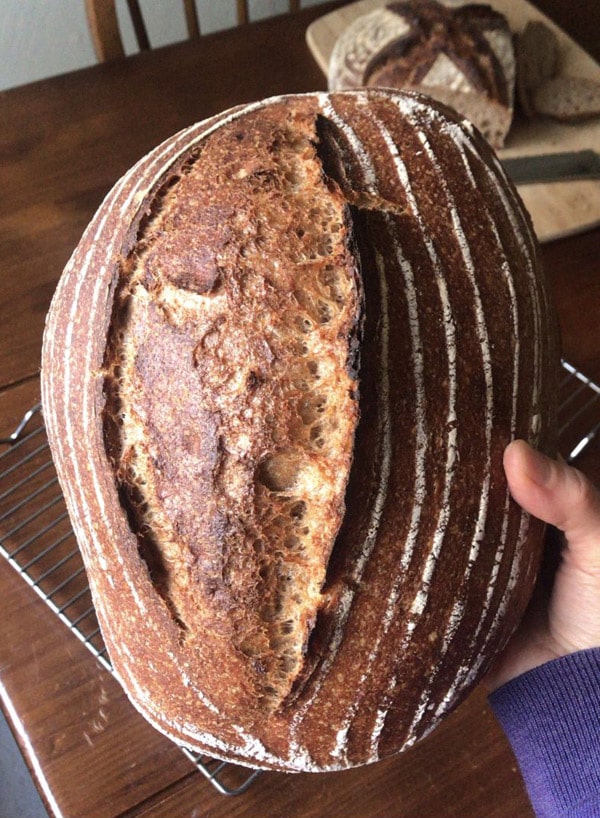
Anne-Marie knows that for many people food is part of a strongly ingrained culture: habits and traditions that are difficult to change, convictions and practices, more or less well-founded, that dig deep into a culinary legacy rooted in personal, local and national gastronomic heritage.
It is for this very reason that we shouldn't use impositions, but suggestions for a different style of life that is "zero-waste", that helps the environment, our health, and to save money. Because it would already be enough for all of us to do only 20% of what is needed to have a great impact on the environment.
"I think that people are too worried about reducing waste being hard work. But eating all the food we buy isn't work, and it can even end up being less demanding than we imagine. Starting from the fact that wasting less also means saving money and saving the time that would be needed to make extra trips to the grocery store.
As well as time and money, every saving made on food brings with it a reduction in packaging waste, which was probably around the food that is thrown away.
The most difficult obstacle to overcome is the very common resistance to change that we all share. Even if that change brings improvements.
But I guarantee that, once this change has been triggered, nobody turns back, not only because that would involve battling resistance again, but because it makes us feel better - our conscience and our wallets!
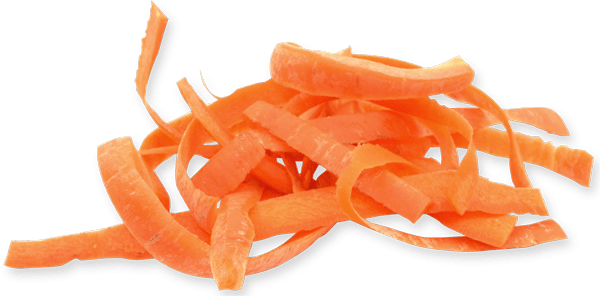
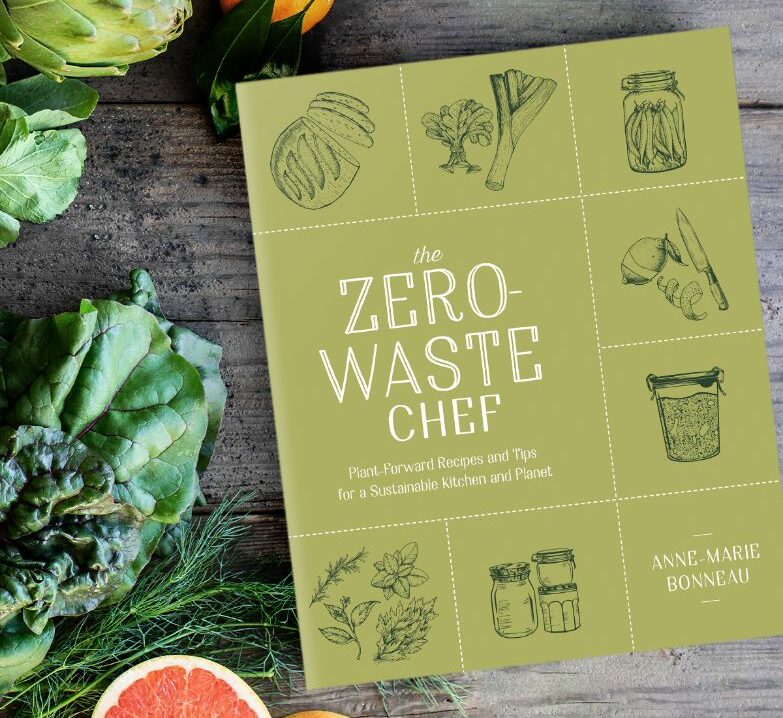
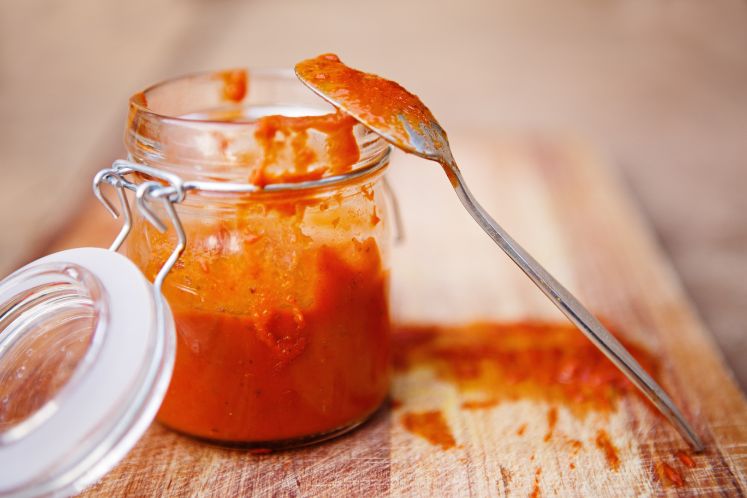

People often also worry about having to achieve perfection. But the "zero" in "zero-waste" is only an ideal goal. In reality, we will probably never reach it, and that is fine. The real goal is to try.
The biggest challenge will of course be for the busiest people, those who work a lot. Sometimes there isn't even time to set the table and put food on it, so then that food easily ends up being fast food, or third or fourth range products (highly processed). The portions are often very large and wrapped in multi-layered, single-use packaging. So we need a more balanced society, where people have the time to take care of their families. Social sustainability is at the foundation of the fight against food waste."
"That is a very difficult question! The industrial food system is one of the worst things, maybe the worst thing, that we have done to this planet. So food and environment are inseparably linked. If you love one, you can't not love the other.
We can do a lot to regenerate our world, dismantling our industrial food system and replacing it with a decentralised system made up of many local producers, instead of the modern monopoly made up of a handful of corporations that control almost everything you find in the supermarket."
"Food waste is a huge, very serious problem. According to the United Nations Food Waste Index, around a third of the food we produce and cook globally is not eaten, and families play an important role in this crime against food.
So this is an excellent starting point: let's start to eat more of what we have prepared, cooked and put on the table. This commitment will have an immediate effect on savings, and will help us to get more creative, discovering recipes, new ways to present food, and ways to recycle dishes, which will without a doubt make us better cooks in every way.”
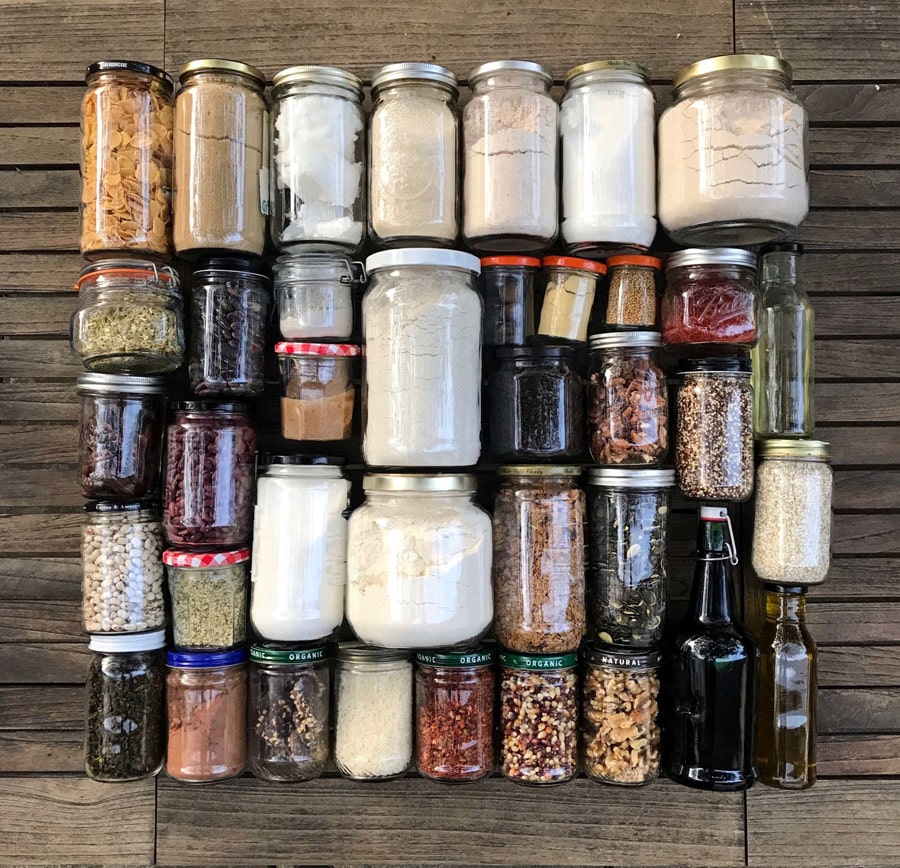
We respond to global problems with local solutions. And the president of the massive global producer knows the answer: "Don't produce more, but better".
Is a better system of farming possible? From Slow Food comes the international campaign Slow Meat. For the good of every living being and every ecosystem.
